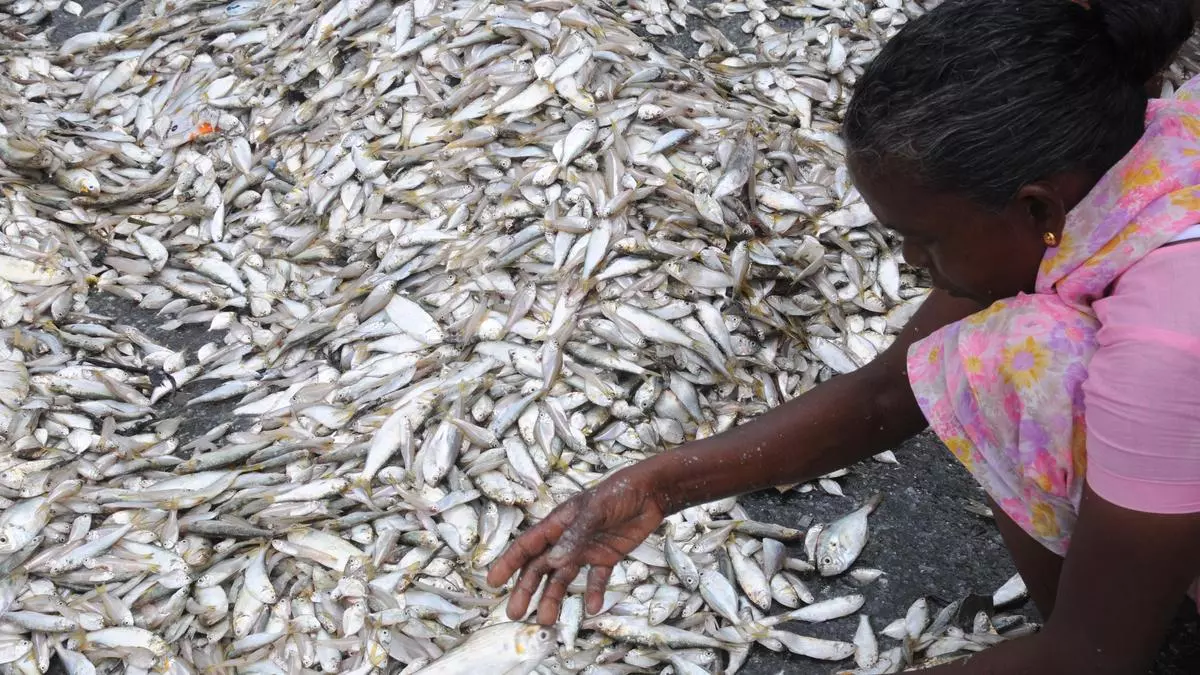Juvenile fishing ban across Kerala coast yields positive results: CMFRI study
The banning of juvenile fishing and the implementation of Minimum Legal Size (MLS) on the Kerala coast has given positive results, resulting in a 41 per cent rise in the yield of threadfin breams.
A study carried out by the Central Marine Fisheries Research Institute (CMFRI) on threadfin breams revealed that the regulation has led to an increase in spawning stock biomass, standing stock biomass, yield, and recruitment of this variety, which is one of the fish species most affected by juvenile fishing.
CMFRI suggested implementing the MLS across the value chain and strictly enforcing the mesh size regulation of the fishing nets to make the regulation more effective.
According to the report, curbing juvenile fishing could be more beneficial to the marine fisheries sector and would save species from the threat of extinction. It is estimated that the sector incurred a loss of ₹1,777 crore due to juvenile fishing of five species, namely threadfin breams, oil sardine, lizard fish, squid, and groupers, over the past seven years. The estimated average annual loss for fishing young ones of these fish amounts to ₹216 crore.
It was also reported that 70 per cent of sharks caught along the Kerala coast, which are not covered under the MLS, are below the breeding size.
